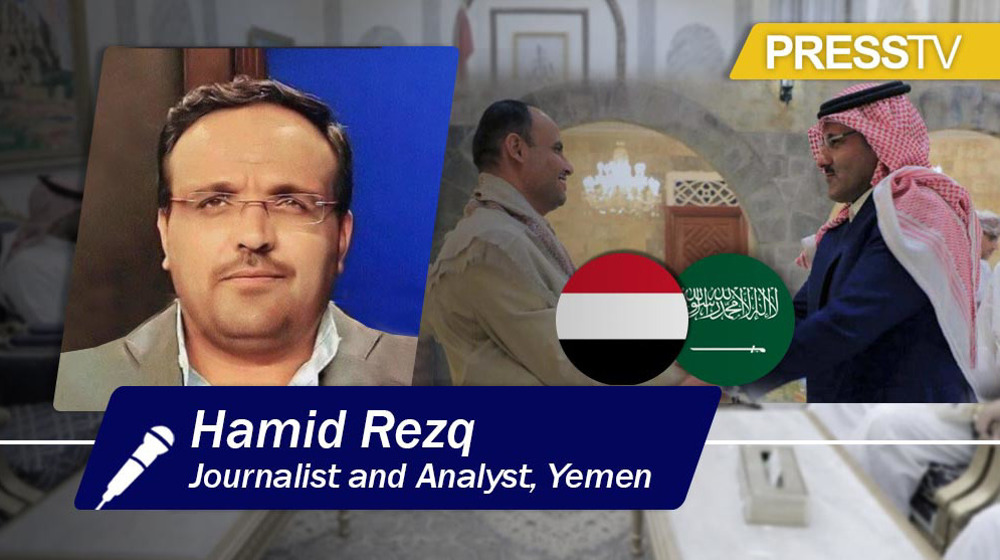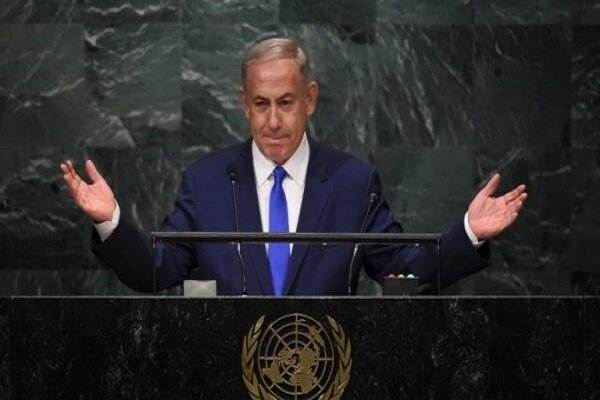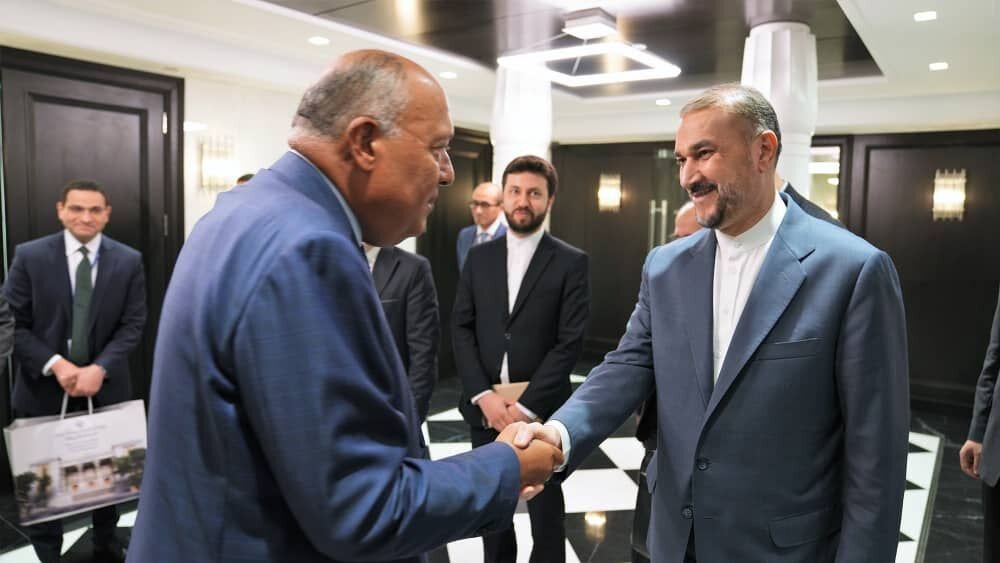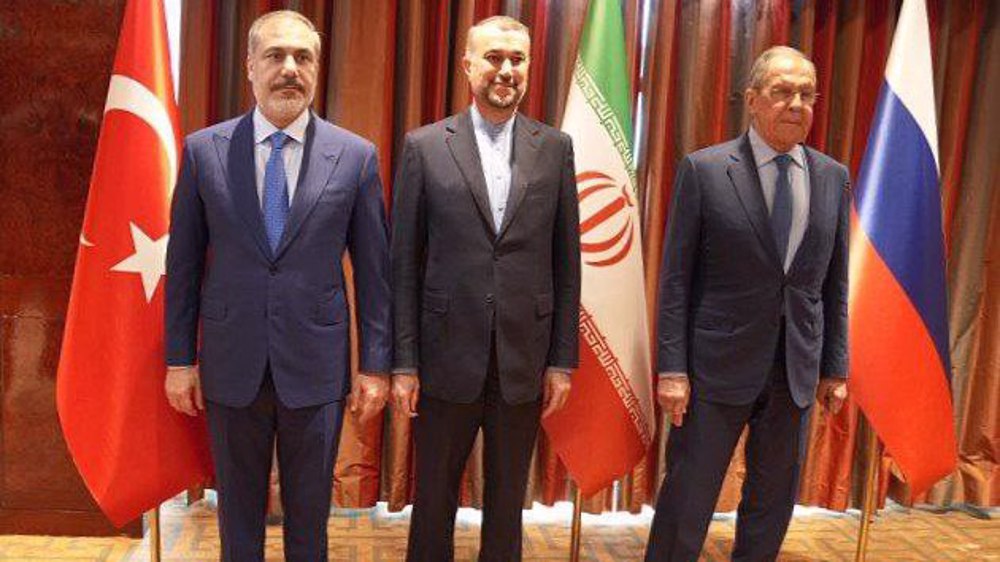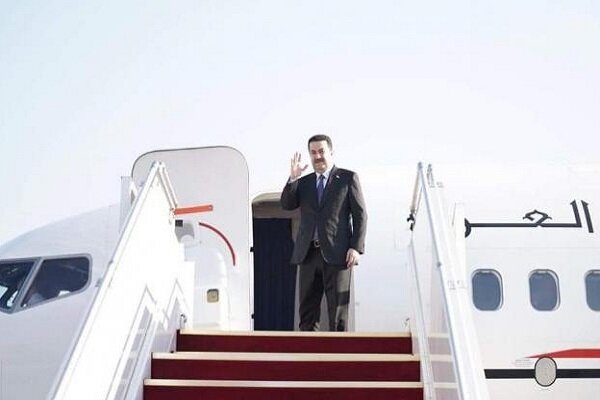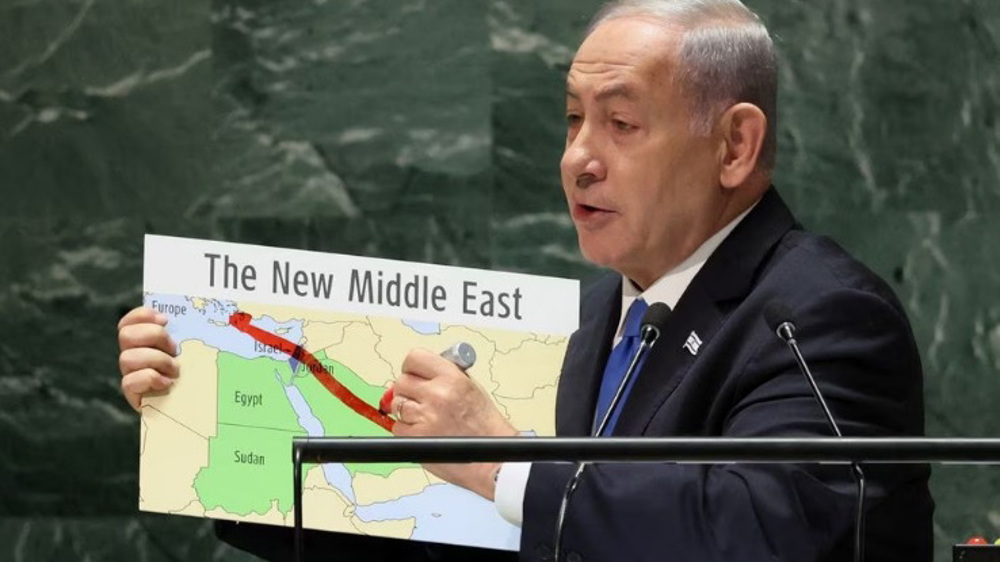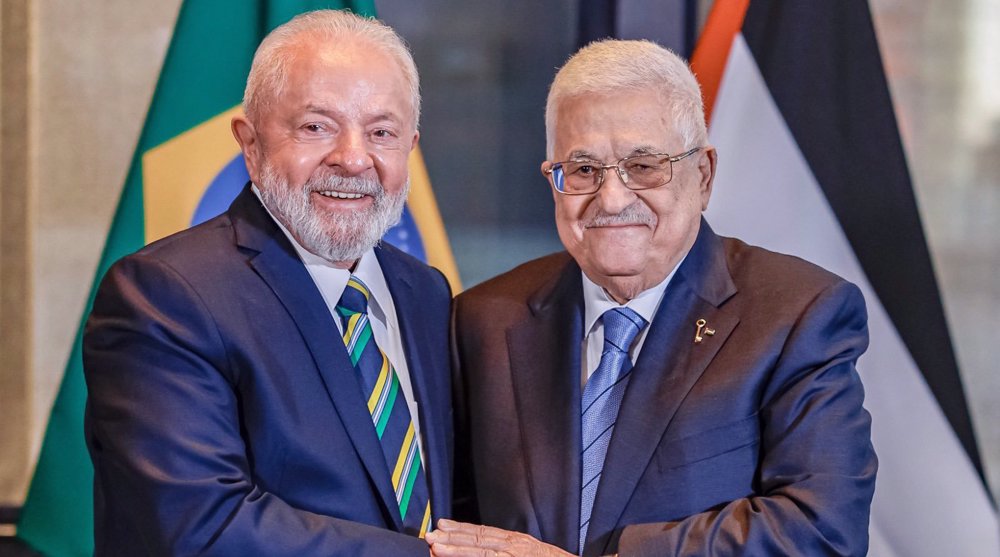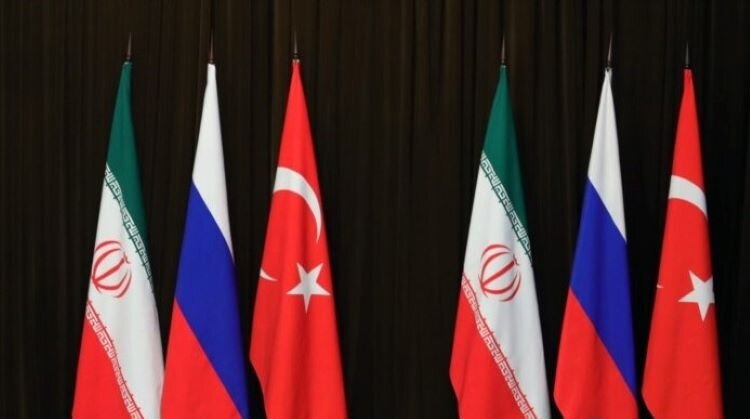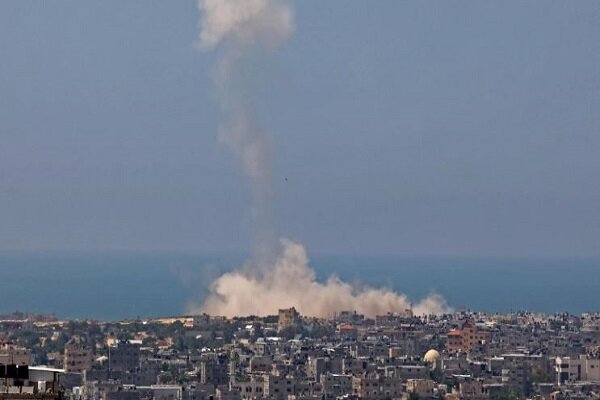By Ali Ghorban Bagheri
All issues came up for discussion during the latest round of negotiations between Yemen’s Ansarullah resistance movement and Saudi Arabia but the focus was on humanitarian issues, says a Yemeni journalist.
Hamid Rezq, a senior journalist and analyst with Yemen’s Almasirah media network, in an interview with the Press TV website, expounded on various dimensions of peace negotiations and the possibility of a ceasefire between the two sides.
The Ansarullah resistance movement and the Saudi government authorities held five days of Omani-mediated negotiations in the kingdom’s capital of Riyadh recently.
The resistance movement expressed optimism about ending the long-running war in the country and eliminating existing obstacles and complications concerning humanitarian issues.
According to Mahdi al-Mashat, head of the council, the Yemeni delegation would visit Riyadh again for “completion” of consultations with the Saudi side.
In response to whether there will be an agreement between the two sides this time on ceasefire, the end of the economic blockade and payment of salaries to employees said all these issues were discussed in the recently-held talks in Riyadh
“The focus, however, was on humanitarian issues, the (economic) blockade and the export of oil and gas to provide the necessary financial resources to pay government employees in all provinces,” he stated.
He said an agreement was reached regarding the draft of an agreement that the head of the Yemeni negotiating team announced after leaving Riyadh.
The draft, Rezq stated, would be provided to leaders in Yemen and if they approve it, operational measures can be started regarding the salaries of employees, increasing flights from Sana’a airport and removing remaining restrictions at the Hodeidah port, as well as the issue of prisoners.
“It seems that these matters require more negotiations with the Saudi side, the time of which has not been determined. In addition, we are not sure whether Saudi Arabia is serious enough to solve the humanitarian problems as a prelude to the final solution,” he said in a conversation with the Press TV website.
Saudi Arabia and its allies, including the United Arab Emirates, launched the devastating war on Yemen in March 2015 to reinstall the Riyadh-allied government in the Arab country.
The former Yemeni government’s president, Abd Rabbuh Mansur Hadi, resigned from the presidency in late 2014 and fled to Riyadh amid a political conflict with the Ansarullah movement.
The war and economic imposed by the Saudi-led coalition has spawned the worst humanitarian crisis in the country, claiming tens of thousands of lives and rendering many more homeless.
On the role of Americans and the West in preventing the progress of the peace process in Yemen, Rezq pointed to their dual standards – saying one thing in media and doing another thing in practice.
“They declare in the media that they want peace and an end to the crisis in Yemen, but in reality, they are trying to continue the crisis with the aim of dividing Yemen,” he told the Press TV website.
The future of negotiations between the two sides, he said, is still uncertain due to the lack of seriousness shown by Saudi Arabia and the United States.
“Unfortunately, we see Saudis are wasting time and repeating their statements to continue negotiations with the aim of exploiting the unfavorable economic situation in Yemen, which they actually hope will increase anger and protest against the national government of Sana’a,” he stated.
Saudi Arabia welcomed “positive results” of talks with the Ansarullah resistance movement delegation last week with the country’s foreign ministry saying it supports a political solution to the conflict.
However, experts feel the Saudi side needs to show more political will and seriousness in concluding the talks and bringing the protracted and devastating war to an end.

